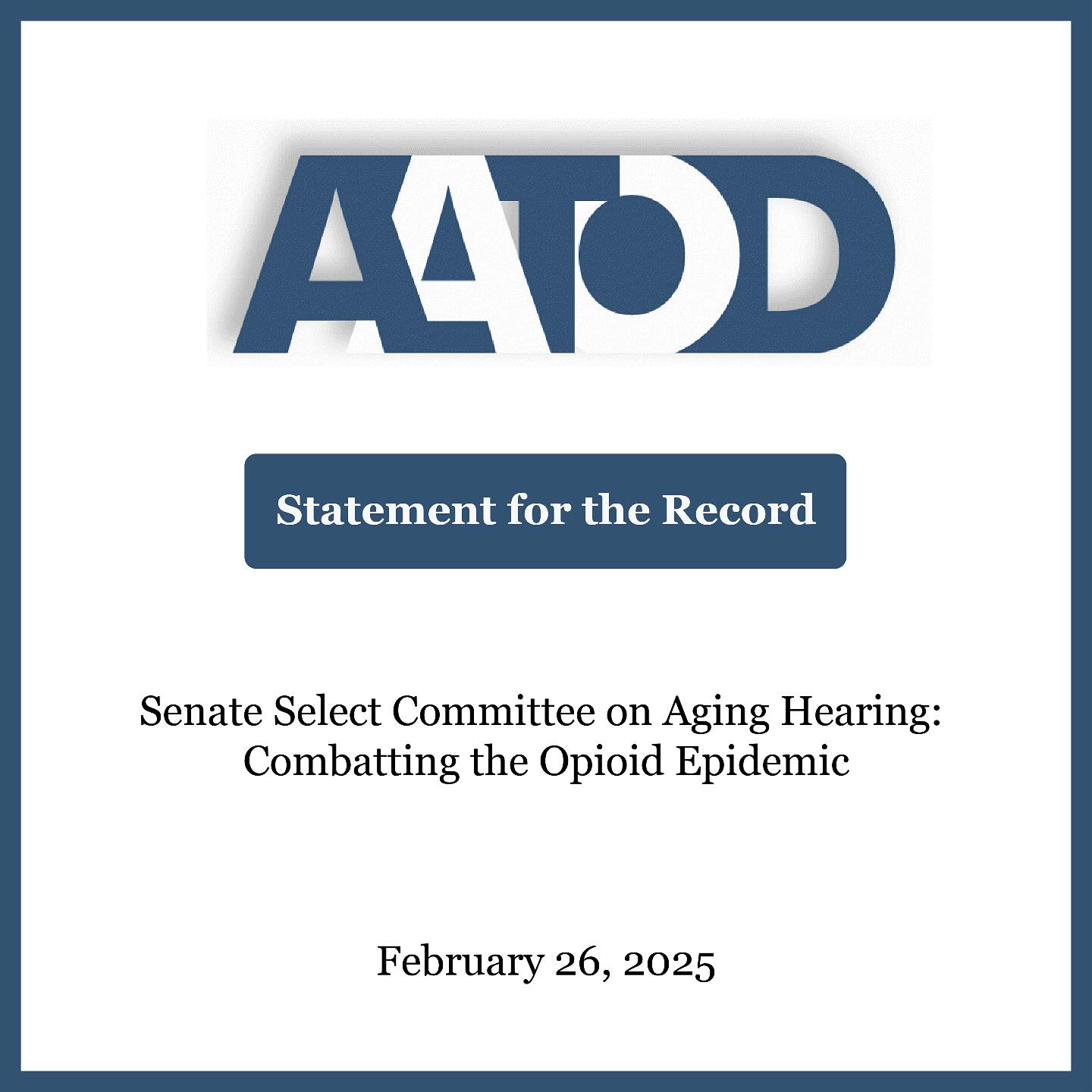Written by Mark W. Parrino, MPA – AATOD President
We began organizing this Conference, 18 months ago with our policy partners in the Department of Health and Human Services Nevada Division of Public and Behavioral Health (DPBH) and our Nevada based OTP providers, following the Orlando Conference of October 20219. This Conference presents the most current clinical and policy information available to our field, reflecting work with federal and state authorities, members of Congress and our international associates.
REVIEW OF RECENT POLICY WORK:
Implementation of The First Ever Medicare Rate for OTPs
It is fair to say that our Association was responsible for securing a Medicare reimbursement rate for OTPs in treating Medicare elgible patients. We laid the groundwork for this Medicare rate more than 10 years ago and focused on this initiative in 2016 (with the passage of this legislation in October 2018), which would authorize CMS Medicare to develop the rate. We also worked with CMS Medicare in developing and increasing the draft rate.
Drug Enforcement Administration
As you know, the DEA published a rulemaking notice, opening the door so that OTPs would be able to get licenses in operating new mobile vans. We worked consistently with the DEA over the course of the past five years to achieve this. To say that there were numerous obstacles in the path to getting this done would be an understatement. The final rule is currently at OMB waiting for clearance.
Implementation of New Medicaid Rates
We have been working with CMS Medicaid, treatment providers and State Authorities over the past two years to implement Medicaid reimbursement rates for OTPs when treating Medicaid eligible patients. Two years ago, there were 15 states without any Medicaid reimbursement for OTPs. By the end of 2020, every state will have a Medicaid reimbursement rate. The lack of third-party reimbursement rates has been a significant impediment in providing access to care and retention in treatment. At this time, this obstacle has been fundamentally removed
Increasing Access to MAT in the Criminal Justice System
We have been working over the past ten years to increase access to care for medication assisted treatment in the criminal justice system. I am attaching an article that I wrote 20 years ago for American Jails Magazine, which focused on the Riker’s Island jail-based program. I also used a Robert Johnson Award to lay thegroundwork for our current policy development in criminal justice. At the present time, we are working with the American Correctional Association, the National Commission on Correctional Health Care, the National Sheriffs Association and the National Association of State Alcohol and Drug Abuse Directors to expand access to care for inmates with opioid use disorder and connecting them to OTPs upon discharge.
Preserving Confidentiality Protections
We have been working closely with the Legal Action Center and NAMA Recovery over the past several years to preserve patient confidentiality. Confidentiality protections have been challenged by SAMHSA and a number of groups, which would have a negative impact on patient care. This has been a daunting battle, which continues to this day.
International Work
We have been working with our counterparts in the World Federation for the Treatment of Opioid Dependence in addition to the United Nations Office on Drugs and Crime and the World Health Organization to increase access to MAT for opioid use disorder wherever it is needed. We reviewed and approved WHO’s recent quality assurance standards for when member nations decide to implement treatment programs.These standards were implemented during March 2020.
Conclusion
It is my hope that you enjoy the Conference experience. Thank you once again for your support for our work, which represents the broad interest of our field.






























